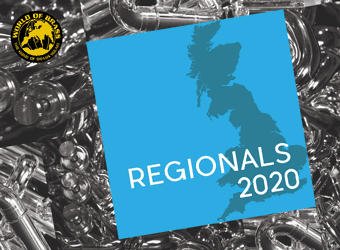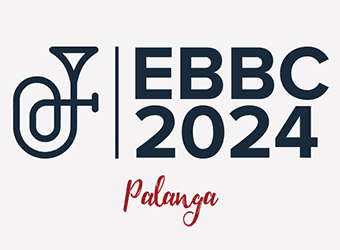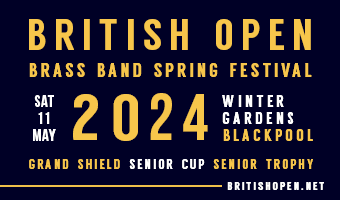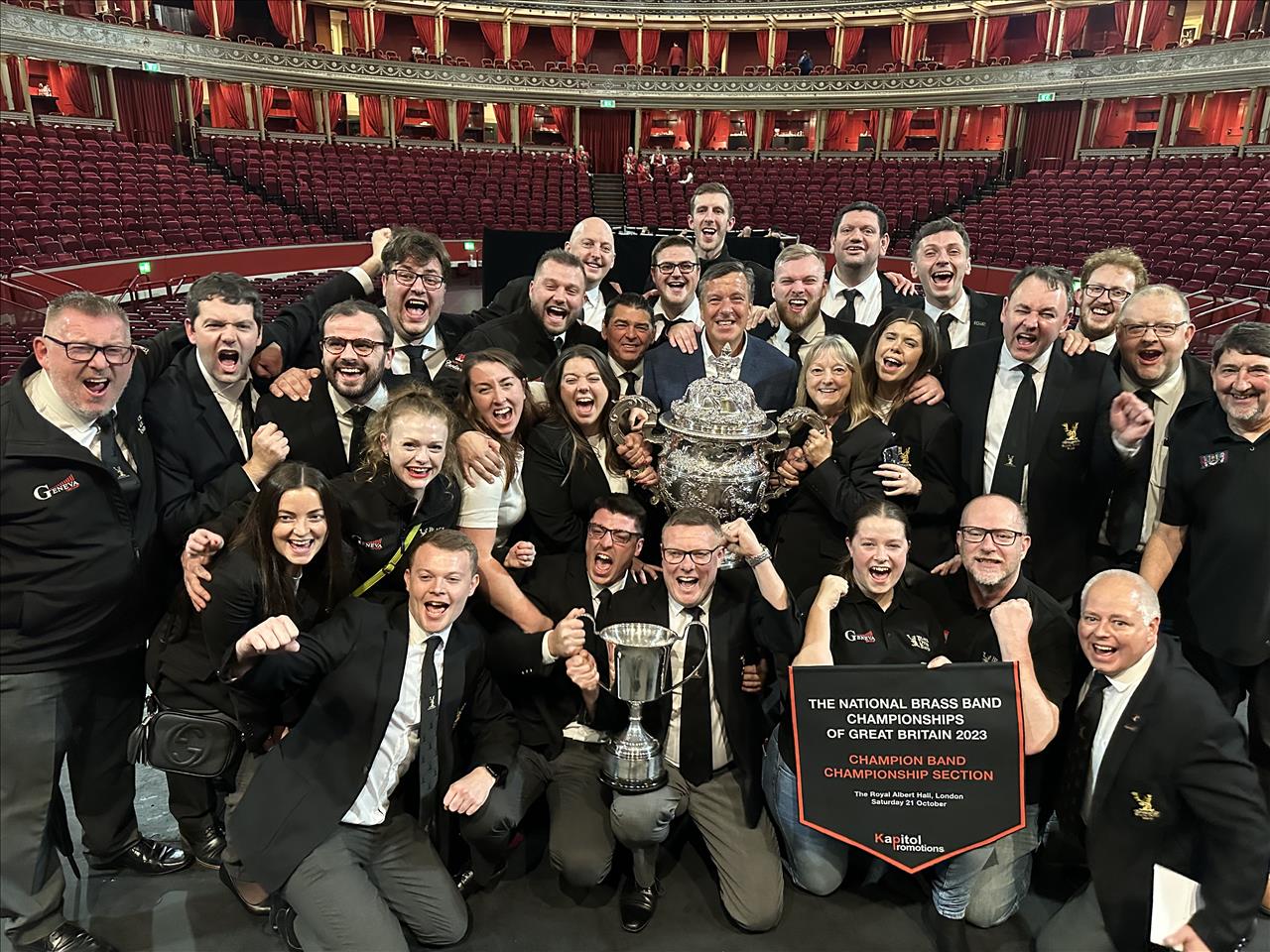
The true mark of elite success?
Much is made of bands maintaining Championship Section status in the UK – yet it in truth it offers a very narrow measure of success.
Of the 500 or so bands taking part this year in the seven Area events in England and Wales, plus the Scottish Championships, over 80 are ‘elite’ level competitors.
You could of course argue that this reflects the competitive excellence of UK banding, although in reality it is anything but. Actually, it is a top-heavy structure in desperate need of radical overhaul and reappraisal; and one whose foundations are crumbling by the year.
Until there is a real desire to initiate fundamental contest change (the last time it was done was in 1992 with the creation of the First Section) we may have to look at different ways to measure sustainable excellence at all levels - and to other competitive spheres for possible inspiration.
Reimagining rugby league
Rugby League in the UK has certainly taken a radical approach to safeguarding its long term future with its ‘Reimagining’ strategy undertaken with management specialists IMG.
Initiated in 2022 it will now see membership of its elite ‘Super League’ competition in 2025 determined by the findings of a two-year process according to a set of five performance ‘pillars’: On field performance; Fandom, Finances, Stadium and Community.
Initiated in 2022 it will now see membership of its elite ‘Super League’ competition in 2025 determined by the findings of a two-year process according to a set of five performance ‘pillars’: On field performance; Fandom, Finances, Stadium and Community.
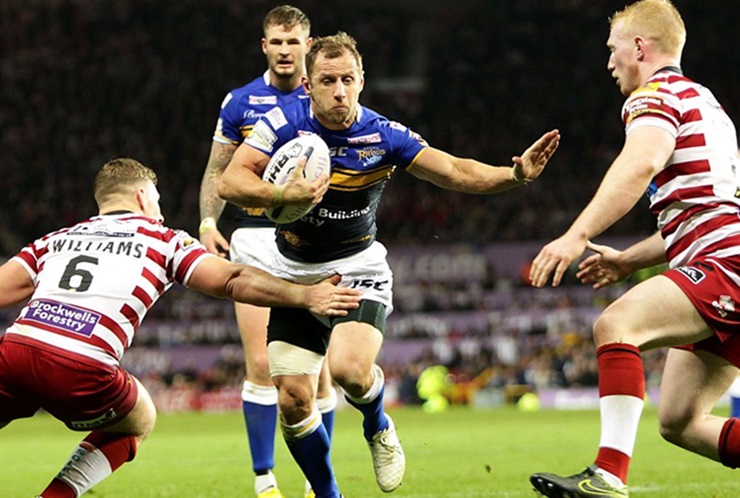
Great players and great action haven't guarenteed financial success
It followed concerns over the long term financial sustainability of the sport, with reduced revenue from its main Sky television deal (which will run until the end of the 2023 season) resulting in one leading official stating that “a day of reckoning” was coming.
Examine itself
And whilst a report from the business analysts BDO suggested that it had “reacted well” to the pandemic and had been “proactive in its actions and also strategic considerations for the future”, it had “a long way to go to carve out its future and financial stability”.
“The sport has had to examine itself more closely than ever, at all levels – whether in terms of our central governance, or for our clubs in assessing all areas of their off-field performance.”
That was also recognised by those in charge, with Tony Sutton, the Chief Executive of the Rugby Football League, saying: “The sport has had to examine itself more closely than ever, at all levels – whether in terms of our central governance, or for our clubs in assessing all areas of their off-field performance.”
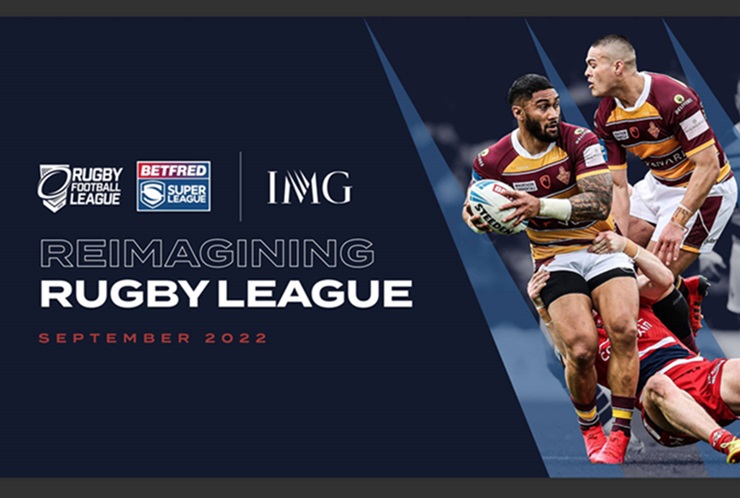
The report will take effect in 2025
More and less
In response, IMG presented Rugby League with a number or recommendations – the ‘Reimagining’ grading system being one of them.
Interestingly, 85% of clubs at all levels agreed, with the new process designed to incentivise growth in their fanbase and top-line non-centralised revenue, to better engage with fans, to be run in a best-in-class way, to invest in their club and the sport in a sustainable way, and to ensure strong governance.
Bare figures
The bare financial figures spoke loudly for the need for a new approach too.
According to the website Love Rugby League, all 11 English clubs in the Betfred Super League posted losses last season (2022) – a combined figure of over £12.3 million, and that with the last cash injections of Covid-19 support starting to be phased out.
According to the website Love Rugby League, all 11 English clubs in the BetFred Super League posted losses last season (2022) – a combined figure of over £12.3 million, and that with the last cash injections of Covid-19 support starting to be phased out.
Further concerns were aired that without radical change the “trickle down” benefits to grass roots clubs were in danger of being squeezed tighter than ever. All this and the governing body made a £1million loss and reported that its ‘Blue Riband’ Challenge Cup Final had drawn a crowd “below expectations”.
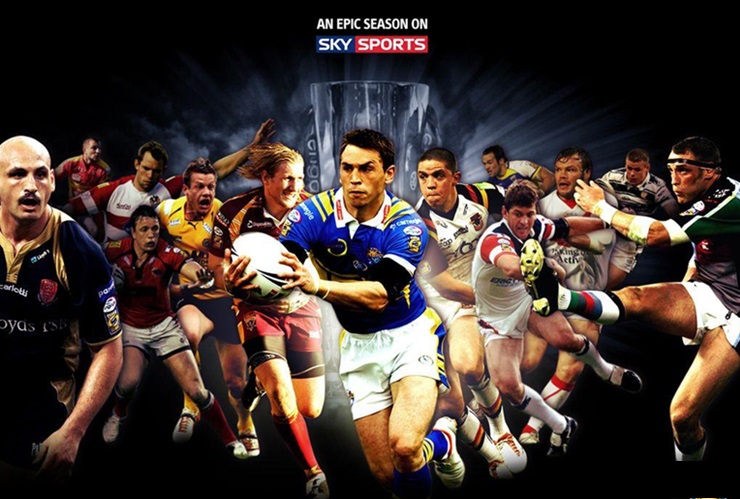
Sky Television has reduced the money its spent on rugby league
Familiar ring
Diehard traditionalists still baulked at the suggestion that radical change was needed, although even they recognised a competitive model that was becoming increasingly niche and insular when measured against other sports, held little prospect of encouraging increases in participation, audiences and sponsorship.
It all has a familiar ring doesn’t it now?
Following consultation and amendment, from 2025 the Betfred Super League will now comprise 12 teams that have come top of a new rankings process – one that in recognising competitive success, also places emphasis on other essential indicators.
Rankings
Of the 35 clubs ranked, seven of the current Super League Clubs gained an A Grading, guaranteeing their participation in the top-tier.
Following consultation and amendment, from 2025 the Betfred Super League will now comprise 12 teams that have come top of a new rankings process – one that in recognising competitive success, also places emphasis on other essential indicators.
17 clubs gained a B Grading, making them eligible to participate only when spaces become available, whilst 11 clubs gained C Grade status enabling them to participate in the Championship and First Divisions.
It means that from 2025 the competitive structure of rugby league will be different – with success (and with it participation ultimately at the highest level) dependent on more than just the ability to lift silverware in triumph.
It will also hopefully mean that the most successful clubs in future are also the best run, most imaginative and proactive – and not just the ones with the most debt that they can afford to service.

Do we need a lightbulb moment ourselves?
What can we learn?
So how can brass banding learn from what Rugby League has undertaken and apply it to help with its grading of different levels of excellence and long-term sustainability?
The rugby league metrics of Fandom, Performance, Finances Stadium and Community make for interesting reading, especially with their obvious comparisons.
It also begs the question to how many current ‘elite level’ bands in the UK would meet an equivalent brass banding criteria to call themselves true ‘Super League’ competitors - given that at least half first signed up to the recent Elite Band Forum (later becoming the Leading Bands Forum) posted losses in their last financial year and a number were still dependent on over £220,000 of government grant funding of various sorts.
Indicators
That said, increasing ‘fandom’, or membership and audience figures both for live and digital concerts and projects for bands will not only improve direct engagement but will also be a driver for increased revenue. The new age of social media engagement has only been explored successfully be a very few bands at present.
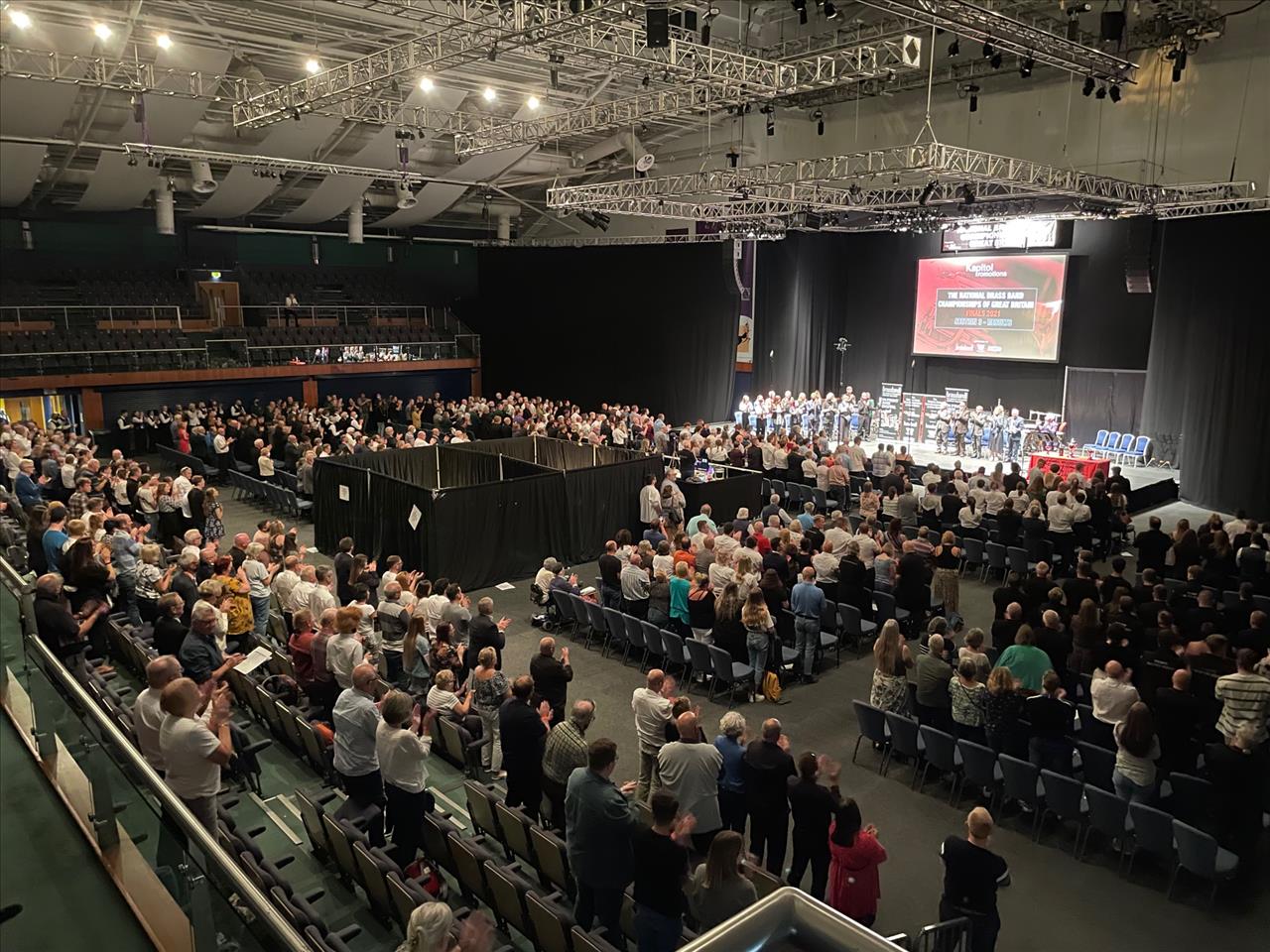
We need to attract both live and digital audiences
Better understood
And whilst contest performance success remains a key indicator – how it is achieved must be better understood and appreciated.
Does it come through long term player development or a liberal interpretation of archaic contest registration rules, by developing realistic goals or simply financing short term personal ambition?
Financial stability
Meanwhile, an accurate measure of financial stability, the result of the implementation of strong governance structures and policies, planning and diversification, business links and engagement will not only improve long term finances, but also enhance the ability to invest in long term initiatives.
Stadium – or in banding terms, the rehearsals facilities which you are based, may sound more of a wish list inclusion, but the need to offer a welcoming, inclusive atmosphere at a location that creates a sense of openness, is modern and sustainable is surely a key component to a band’s long-term viability.
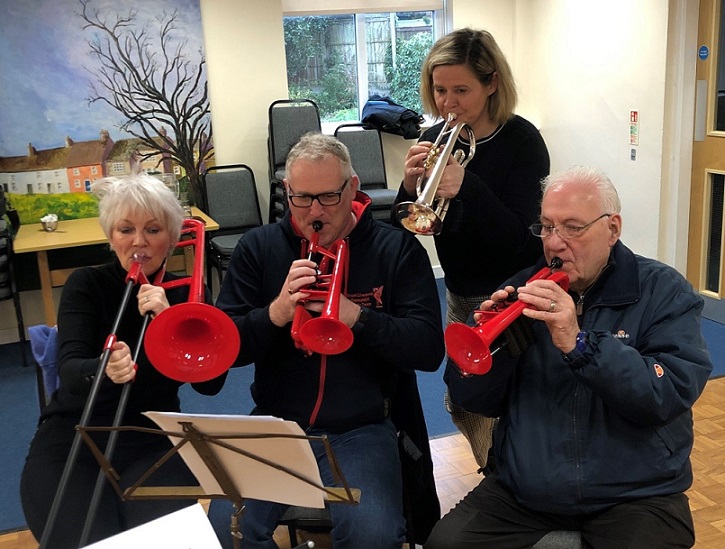
Offering a warm welcome to your bandroom
Community
And finally, community – or in banding terms, representing your town, village or organisation and reflecting its demographic and cultural make up, its goals and ambitions and creating a sense of direct engagement. Why shouldn’t the aim be for bands at all levels to create links to its local schools, create learner and training bands, and develop ensembles to cater for retired people or those with dementia?
Get that right and not just a few new members and supporters come along, but potentially tens and even hundreds.
Necessity
What rugby league has done has come from necessity, and a realisation that despite the excitement and excellence of the on-pitch action, it was a model of engagement that was failing and failing fast.
Necessity and realisation is long overdue in UK banding too. Our on-pitch product may be exciting and brilliant at all levels at times, but what use is that if nobody wants to come and pay to enjoy it even at our ‘Blue Riband’ events.
Necessity and realisation is long overdue in UK banding too. Our on-pitch product may be exciting and brilliant at all levels at times, but what use is that if nobody wants to come and pay to enjoy it even at our ‘Blue Riband’ events.
It would perhaps be unrealistic to suggest that UK banding could radically reorganise itself on different levels of competitive excellence by mirroring that proposed by rugby league, but it certainly offers food for thought.
Why not look at giving bands a ‘UK kitemark’ of sustainability that can be used to evaluate as well as promote their long term musical ambitions in line with their organisation excellence.
In the second quarter of the 21st century, getting to the very top of a true competitive pyramid structure should surely no longer be about seeking immediate contest victories that mean less and less to the general public, but should be an ambition borne of long-term sustainable planning and proactivity.
If rugby league can do it so can we.
Iwan Fox





